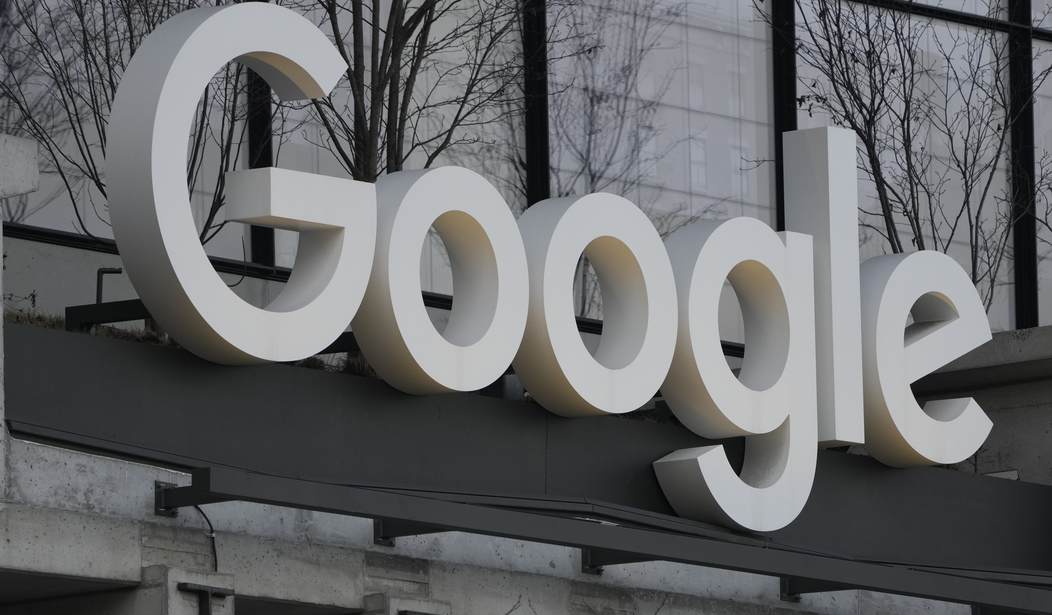Save the blacksmiths! Fund the wheelwrights! Don't let the carriage makers go out of business!
Thankfully, none of those movements to save dying industries ever happened. Otherwise, we'd be walking very, very, carefully down city streets hoping to avoid something smelly ending up on the soles of our shoes.
But many on the left, and I suppose some on the right, think it's vitally important to save local newspapers. No doubt there are many old and honored local newspapers that performed valuable community service in their day.
A teenager sitting in his bedroom is more than capable of reporting just as well on the events in his neighborhood as any local newspaper. And if he wants to monetize his reporting by charging subscribers, more power to him.
But there's a reason that gigantic conglomerates have taken over the vast majority of local newspapers still in business. Not only is no one clamoring to read a local dead-tree newspaper, but why should a business spend good money advertising in a media outlet with so few eyeballs?
Some Democrats in California want to force social media companies to pay local news outlets to print their work. Local news outlets are too poor to afford their own news gatherers, so they tap the deep pockets of Google and Meta not only to do their reporting for them but then charge them for the privilege of seeing their stories in print.
The bill is dubbed the "California Journalism Preservation Act," and it's based on similar laws in Australia and Canada. It should be retitled the "The Journalists' Job Preservation Act" given that there are not going to be any more readers for local news if the act is passed nor are the local news outlets going to improve their content. It's a bill that makes reporters feel good about trying to make a living in a dying industry.
“As technology and innovation advance, it is critical that California continues to champion the vital role of journalism in our democracy,” said assemblywoman Buffy Wicks in a statement. “This partnership represents a cross-sector commitment to supporting a free and vibrant press, empowering local news outlets up and down the state to continue in their essential work. This is just the beginning. I remain committed to finding even more ways to support journalism in our state for years to come.”
Wicks brokered a deal with Google that will see the tech giant doling out $250 million over the next five years to California newsrooms across the state.
News publishers have struggled mightily in recent years, shedding thousands of jobs and prompting the closure of some outlets altogether as advertising dollars and audiences have rapidly shifted away from traditional publications.
Ironically, the deal announced Wednesday also championed a so-called “National AI Innovation Accelerator,” adding funding for developing artificial intelligence, which some journalist groups have warned pose a danger to the future of their industry and threatens to further stir distrust in news reporting.
The agreement was supported by the California News Publishers Association, which represents hundreds of news outlets, Google’s parent company and OpenAI. But it was sharply criticized by unions representing the state’s journalists, which had supported Wicks’ bill to fund newsrooms but were not involved with the deal.
Artificial intelligence might actually work to make local newspapers a little more profitable. The problem, according to reporters, is that they'll do that by getting rid of reporters and editors. Who needs them when AI will write the news without any human interference?
“The future of journalism should not be decided in backroom deals,” the Media Guild of the West, The NewsGuild-CWA, and others said in a joint statement. “The Legislature embarked on an effort to regulate monopolies and failed terribly. Now we question whether the state has done more harm than good. California’s journalists and news workers OPPOSE this disastrous deal with Google and condemn the news executives who consented to it in our names.”
Maybe the blacksmiths, wheelwrights, and carriage makers would have said the same thing.










Join the conversation as a VIP Member